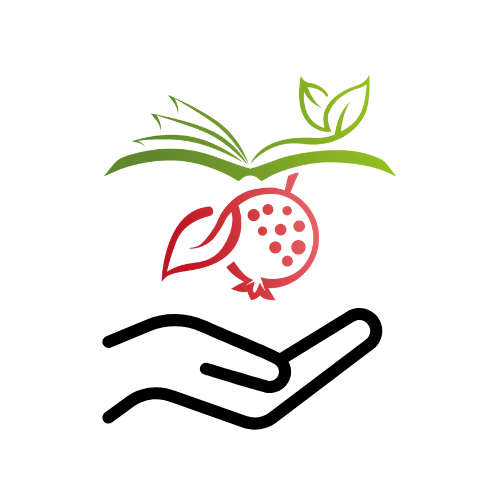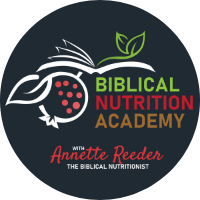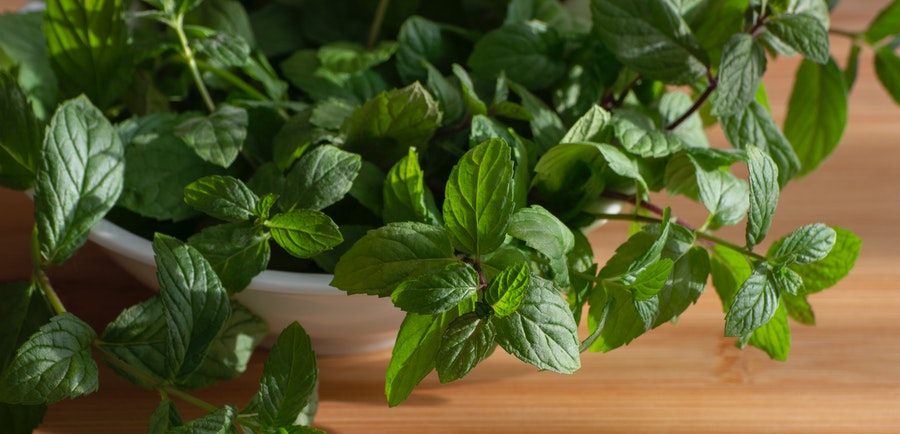
There is one food group that will fast forward your healing, better than a supplement or workout routine: the bitter herbs in the Bible. As always, we search out God’s Word for the keys to healing and health. And it’s no surprise there’s a wealth of information about powerful herbs in the Bible.
We think of herbs as little additions to a dish or meal that abounds with flavor, but they are so much more.
They can help:
- Jumpstart your digestive system, which leads to healing in all areas of your body. Would you like better digestion? Less back talk from your body?
- Attain better mental clarity
- Reduce anxiety
- Support a healthy immune system
- Increase circulation, which means less clogged systems
For centuries—in fact millenia—herbs have provided people with flavors, fragrances, and medicinal benefits. People used herbs to promote health and healing long before scientific advancements allowed us to study them and “prove” their benefits.
If you’re curious to know what herbs are a great treasure for your health, plus are mentioned in Scripture, you’re in the right place.
Today is definitely another fun foodie day!
Bitter Herbs For Healing In The Bible
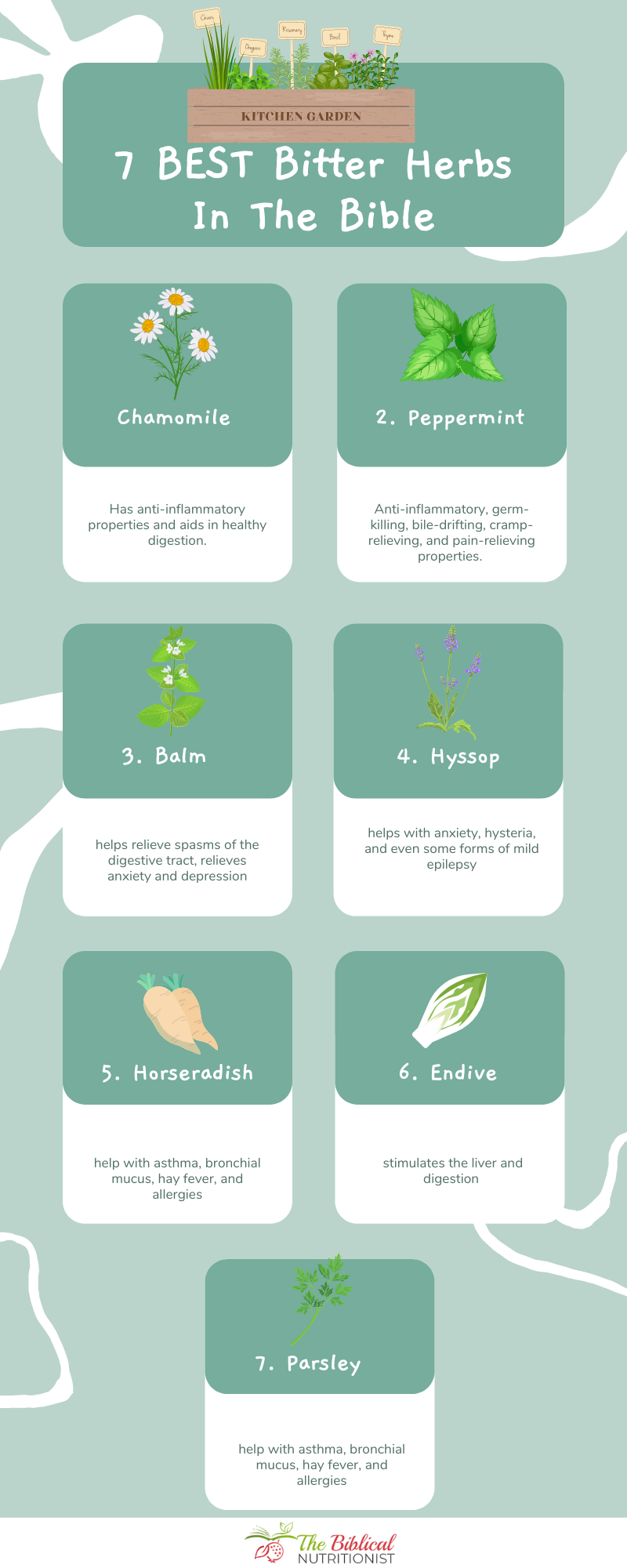
Today I’m sharing a bitter herbs list — seven herbs rooted in biblical tradition that I recommend adding to your daily cooking and healing routine. For more than 18 years working with clients, the first place we focus is the digestive tract — often the root of many health issues.Bitter herb benefits are many. Research has discovered that while our brains play important roles in the production and use of hormones important for physical health, such as serotonin and dopamine, our gut also affects every system: heart, immune function, mood, and digestion. Healing the gut can help ease inflammation, depression, colitis, and more.
There is one type of herb that can fast-forward that healing: bitter herbs.
The Israelites were commanded to eat the Passover lamb "with unleavened bread and with bitter herbs." (Exodus 12:8)
These "bitter herbs'' consisted of such plants as chicory, bitter cresses, hawkweeds, sow-thistles, and wild lettuces, which grow abundantly in the peninsula of Sinai, in Palestine, and in Egypt. The purpose of this observance was to recall to the minds of the Israelites their deliverance from the bitter bondage of the Egyptians.
(Learn more about Passover and why Christians should celebrate it here.)
Get Healthy & Closer To God In 21 Days!
Transform your mind, body and spirit through this life-changing
21-Day Daniel Fast Guide
7 Bitter Herbs Of The Bible
Here are seven powerful herbs—some more familiar, some more ancient—many considered biblical bitter herbs for healing and health.
These herbs–beyond their biblical significance in the Passover–offer tremendous healing properties that we can benefit from on a daily basis.
To gain this benefit, you first have to taste the bitter flavor–this starts a chain reaction in your body, starting with the digestive juices and enzymes.
Taste buds have a reflex action that stimulates the secretion of digestive juices and also stimulates the activity of the liver, which improves detoxification and elimination.
Bitter herbs also have antibiotic and antifungal properties. And also anti-tumor actions. They, like all the wonderful foods God has given us, are meant for more than just pleasing our taste buds.
So, what are the 7 bitter herbs mentioned in the Bible, and are they also powerful for health and healing?
1. Chamomile

Chamomile blossoms contain essential oils composed, in part, of Azulene, a blue hydrocarbon. Azulene is known for its anti-inflammatory properties.
Chamomile also contains resins, wax, fatty acids, bitter agents, chlorophyll, and phosphoric acid salts.
This unique combination of ingredients has the potential to trigger surprising healing effects, particularly when consumed via tea. Although Chamomile is most often thought of as an excellent anti-inflammatory, it can also aid in healthy digestion.
Gather the flowers in the late spring and late summer when they are not wet with dew or rain. Then dry at a low temp.
2. Peppermint
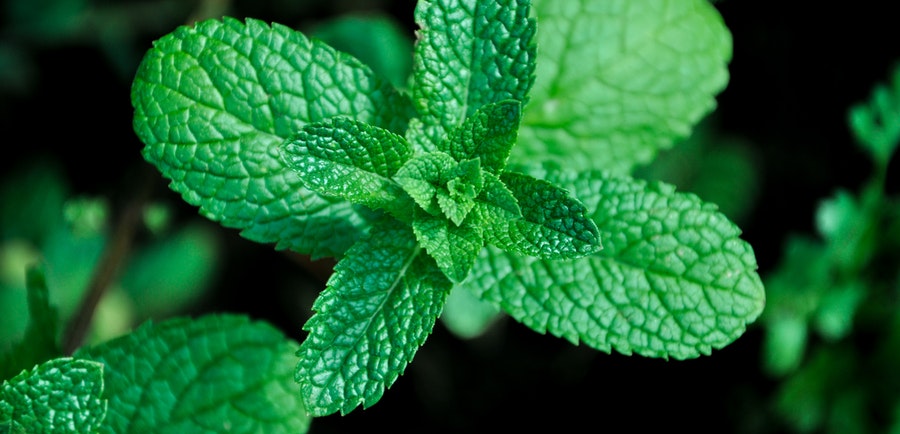
Peppermint contains a number of different bitter agents with anti-inflammatory, germ-killing, bile-drifting, cramp-relieving, and pain-relieving properties.
The herb is mainly consumed as mint tea and is also known to assist with digestive issues such as bloating, diarrhea, gall bladder ailments, stomach aches, and nausea.
It's also used for insomnia, headaches, and the common cold.
Peppermint teas and tinctures are a great way to consume organic bitters for digestion.
Peppermint has a relaxing effect on muscles and anti-flatulent properties. It also stimulates bile in the gall bladder and digestive juices. It is very helpful in treating Crohn’s disease and ulcerative colitis.
Making fresh tea with steeped leaves from your garden is true soul food.
3. Balm
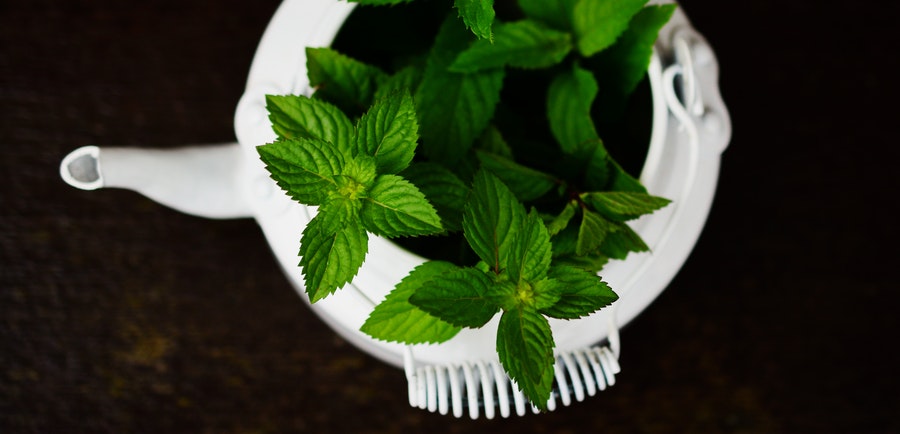
Balm is a word we may associate with phrases like, “that’s a balm to me.” However, although it’s a little less known in our culture, it’s a plant in the mint family that truly adds pleasantness to life.
Also known as lemon balm, this herb helps relieve spasms of the digestive tract, especially if they’re associated with anxiety or depression, since it helps relieve tension and stress reactions.
Additionally, balm is also a tonic effect on the heart and the blood circulation, and can be used in feverish conditions such as the flu.
4. Hyssop
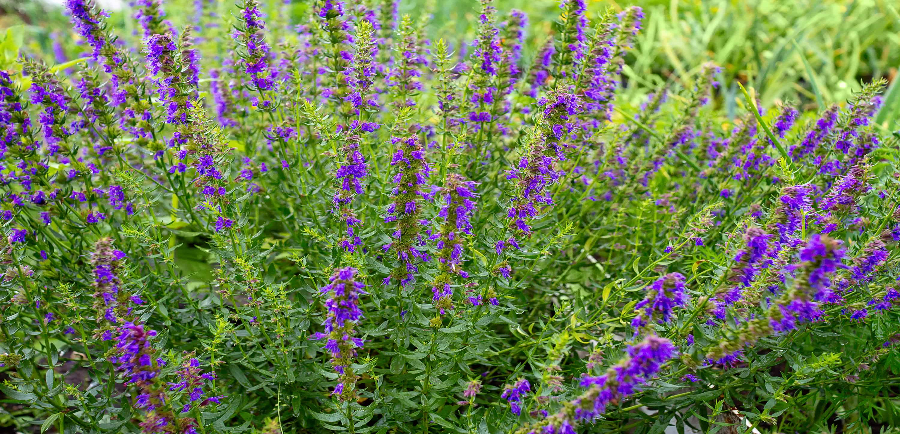
This bitter herb is mentioned in Scripture, yet the variety grown during Jesus’ day is not the same variety we grow here in the US today.
That does not take away from its medicinal properties, though.
It’s good for spams such as cough caused by bronchitis and colds.
Hyssop also helps with anxiety, hysteria, and even some forms of mild epilepsy.
The flowers are generally collected in the fall and dried for later use.
It’s another treasure you can add to your own home garden. This plant grows like mint, which means it will pop up everywhere, and there’s no special skill necessary to grow it.
5. Horseradish
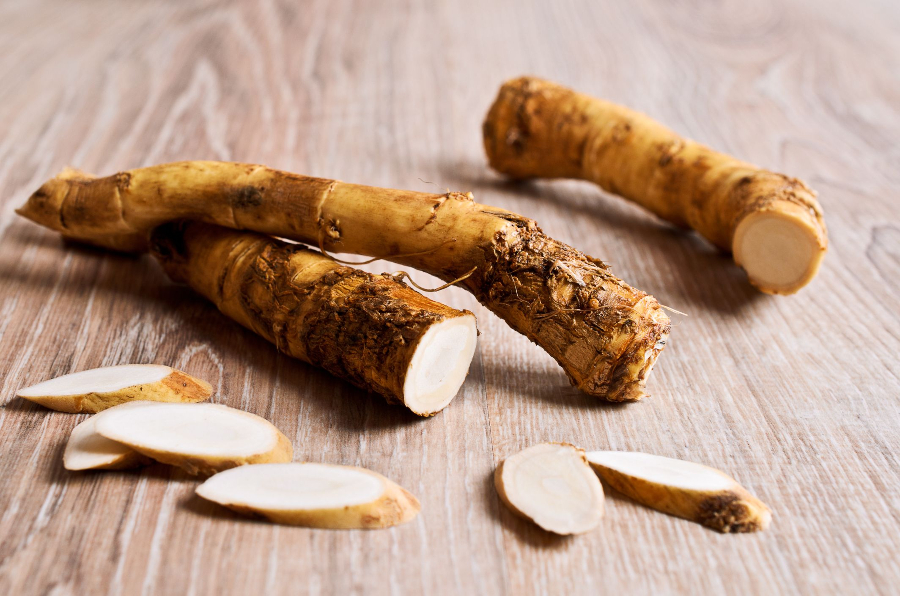
Horseradish isn’t just for your roast beef sandwich.
This spice (“herb” and “spice” are often interchangeable terms) will kick up a dish in flavor and will also kick up the circulatory system.
It’s good for helping treat urinary tract and respiratory tract infections.
Are you sneezing like crazy this spring? Horseradish can also help with asthma, bronchial mucus, hay fever, and allergies.
It’s also really good at stimulating digestive juices, which is good for the body in many ways.
Want a creative way to add horseradish (and beets, which are also a great treasure to add to your health bank account) to your menu? Try out this recipe:
Beet and Horseradish Salad
1 cup Yogurt
1 Tablespoon fresh Horseradish, grated
3 Beets, raw and freshly grated
4 Tablespoons fresh mint, finely chopped
Salt and Pepper to taste
Combine yogurt, horseradish, then add grated beets and top with mint. Enjoy!
6. Endive
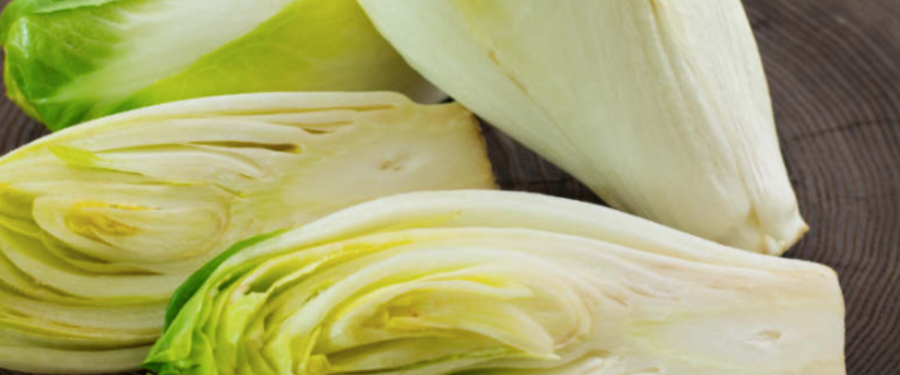
This herb is a leafy green in the chicory family and is only slightly bitter, making it a great ingredient for a delicious salad.
This bitter herb does as the others do and stimulates the liver and digestion – to feel our best, we must digest! Endive is also good for the skin and mucous membranes – that is your first line of defense.
Add endive to all your salads. Try experimenting with this fresh lettuce at least 3 times this week and see how you like it.
A fun way to add this unique leafy green is to make it into a hummus boat!
Always remember that all these herbs can be added to a smoothie. Although I would never do that with horseradish!
7. Parsley
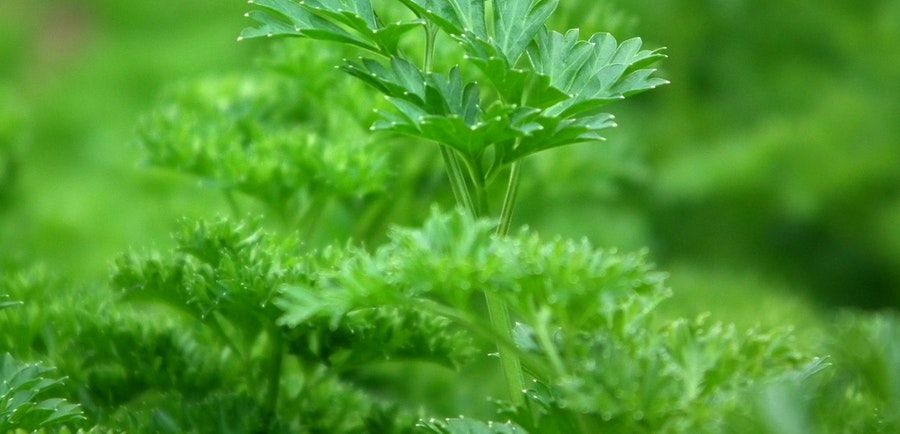
Last, but definitely not least, we have parsley.
Parsley is the 2nd most used bitter herb (behind horseradish) in the celebration of our Lord's Feast, the first celebration of the spring: Passover.
At a seder meal, parsley represents life, which God gives us. It’s also dipped in salt water to represent the tears of the Israelites because of the suffering they endured as slaves in Egypt.
Parsley can be steeped into the perfect morning pick-me-up tea, the mid-afternoon cleanse tea. Desire a non-caffeine energy boost? Try homemade parsley tea, which I share in this video:
It’s also the best first bite of any meal, as it will help release digestive juices and start the process of breaking down food. Enzymes are keys to unlocking the life properties in these foods.
So, not only does it help your body, it helps your body help your body!
Add These Healing Herbs Of The Bible To Your Diet Today!
These herbs are more than historic—they’re living, potent gifts from God to support our gut health, immune system, and whole‑body wellness. If you’re new to bitter herbs, try one new herb each week. Add it fresh, dried, or as a tea to your meals. See how your digestion, energy, and clarity respond.
God loves you and desires full health, healing, and abundance for your body and spirit. The herbs He gave still work today — when we honor His design with whole foods, breath, and faith.
Which herb will you try first? I’d love to hear how these treasures of health bless your table, body, and soul.


